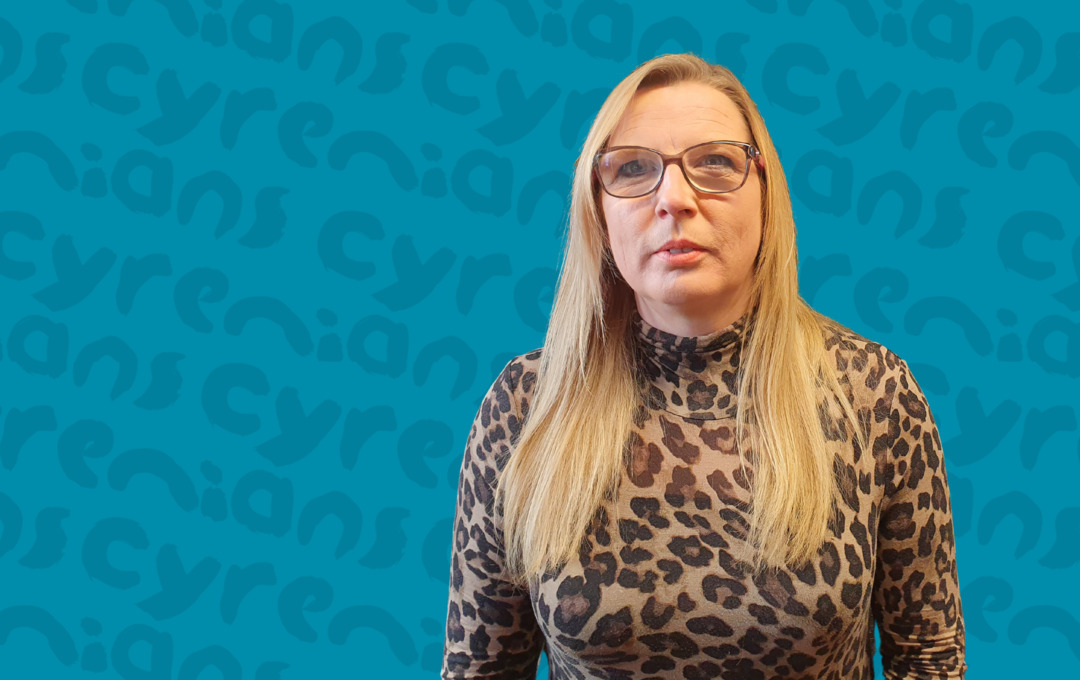Need for inclusive support for neurodivergent young people

Kerry Watson, Mediation and Support Manager, reflects on the need for inclusive and flexible support that embraces neurodiversity in young people.
Neurodiversity causes differences in individuals’ experiences and behaviours. All of us work and think in different ways and sometimes this creates a big enough difference to correspond with a label such as autism or ADHD (attention deficit hyperactivity disorder). All of us – young people and adults, people with diagnosed neurodivergence and those without, service users and support workers – have our own unique needs, approaches, strengths and worries. All of us benefit when we make difference the norm.
As a service providing skilled mediation and whole family support to prevent relationship breakdown which can lead to homelessness, we have found that we are getting more and more requests for support for neurodivergent young people and their families experiencing challenges in their relationship.
Autism, ADHD and other forms of neurodiversity often really affect people’s ability to communicate their needs and emotions to their loved ones and other adults in their lives, especially in the already tough teenage years. As such, it is vital that we respond and adapt our services to meet the needs of the people we work alongside, especially when so many local authorities are declaring a housing crisis.
Our learning to date demonstrates that the majority of young people we support who are care-affected are neurodivergent and this can have a negative impact on their communications with others. Many of these young people have come into contact with the care and justice systems because they have been unable to communicate their needs positively to others. Building our knowledge and skills around neurodiversity, we have adapted our delivery to help these young people build their confidence in communicating their needs in ways which are understandable and suitable to them. Recognising that young people in secure care are at particular risk of relationship breakdown with their families, in April 2020 Cyrenians began Keeping Families Together (KFT). KFT is specifically targeted at children and young people aged 12+ who are living in Scotland’s four secure care centres and offers whole family support, with a particular focus on building positive relationships. When the whole family work together to better understand their individual communication and support needs, the threat of someone having to leave the family home or enter the care system is significantly reduced.
There’s a lot we can do to help neurodivergent families manage conflict and build more positive futures. In a society where neurodiversity is so often misunderstood or goes unnoticed, growing up neurodivergent often comes with a lot of challenges and trauma. It doesn’t need to be that way, and getting the right support and space to understand and express themselves can make all the difference to someone’s future wellbeing.
In Mediation and Support, we’ve been working with Salvesen Mindroom Centre accessing training for our team and our colleagues to be better prepared to build responsive, flexible support for neurodivergent people. Our team have taken part in Level 1 and Level 2 training on neurodivergent inclusivity and we are sharing our learning with others providing support to young people and families. Building our knowledge and skills around neurodiversity, we aim to adapt our delivery to help these young people build their confidence in communication, in ways which are understandable and suitable to them.
Through taking a thoughtful, informed approach to neurodiversity, embedding trauma-informed practice across all areas of support, and making space to listen and respond to people’s individual needs, we’re working to make sure our support is flexible, responsive and doesn’t put extra pressure on neurodivergent people already working extremely hard to adapt to the world.
I am delighted that the Scottish Government has proposed the Learning Disabilities, Autism and Neurodivergence Bill which already suggests that training on neurodivergence and learning disabilities should become mandatory for all health and social care staff. This would go along way in upskilling the workforce to respond to the needs of neurodivergent children, young people and families.